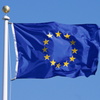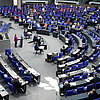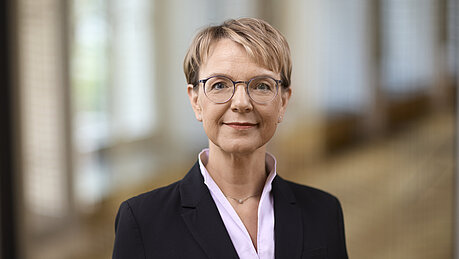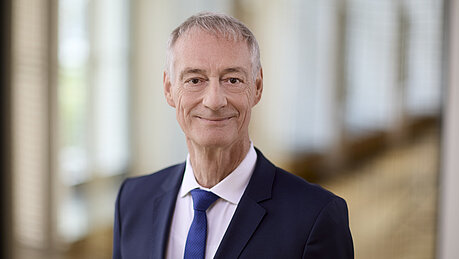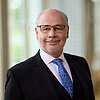International Organisations
A key task of Germany’s global health policy is to help maintain the rules-based international order, taking it further with like-minded partners and to encourage multilateral cooperation. Germany’s membership in the United Nations (UN) therefore is and will remain the central framework of Germany’s multilateral engagement.
The Federal Government is convinced that only an overarching, internationally coordinated commitment can lower the burden of disease globally and contribute toward making populations healthier. This is why Germany is engaged in international forums such as the G7 and G20, the UN-system and provides considerable support to public health stakeholders such as World Health Organisation (WHO).
Group of Seven (G7)
The Group of Seven (G7) is an informal forum of the seven leading industrialised nations and democracies. Germany is a member, as are Canada, France, Italy, Japan, the United Kingdom, the United States of America and the European Union holds observer status (Ger).
Within the UN system, the World Health Organization (WHO) plays a central part as the specialized UN-agency for health. She provides the normative framework and guidelines for improving public health in the Member States as well as Global Health and, as such, sets the course for the work done by the other health actors that fund and implement programmes aimed at enhancing Global Health.
The G7 and G20 are made up of the countries with the strongest economies. Commitments undertaken in this group send a political signal and are important for the implementation of global health goals.
Group of 20 (G20)
The G20 comprises the 19 most important industrialised and emerging countries plus the EU. It accounts for three quarters of global trade and two thirds of the global population. Its members are: Argentina, Australia, Brazil, Canada, China, France, Germany, India, Indonesia, Italy, Japan, Mexico, Russia, Saudi Arabia, South Africa, South Korea, Turkey, the United Kingdom, the USA, the European Union and the African Union.
The European Union (EU), too, can significantly contribute to overcoming global health problems. As an EU Member State, Germany pitches shared European values, interests and positions at an international level. Member States and the EU Commission together are already major global health funders. By pooling the expertise within the EU, this funding can be used to even greater effect towards Global Health.
Council of Europe
The Council of Europe was founded on 5 May 1949 as the first major European post-war organisation and has its headquarters in Strasbourg (France). It currently includes 46(Ger) Member States. Germany joined the Council of Europe in 1950.
Organisation for Economic Cooperation and Development (OECD)
The Organisation for Economic Co-operation and Development (OECD) is an international organisation that currently comprises 38 countries, including Germany. Headquartered in Paris, the OECD was founded in 1961. It observes and analyses economic policy trends and developments in its Member countries and globally. A major part of its work involves collecting and processing statistics and indicators as well as drafting studies.
As set out in the OECD Convention, its aims are the following:
- to achieve the highest sustainable economic growth and employment and a rising standard of living in Member countries, while maintaining financial stability, and thus to contribute to the development of the world economy;
- to contribute to sound economic expansion in Member as well as non-member countries in the process of economic development; and
- to contribute to the expansion of world trade on a multilateral, non-discriminatory basis in accordance with international obligations.
The OECD’s work is very broad and touches on many areas of State action, as for instance the field of health. Federal Ministry of Health represents Germany in the OECD Health Committee. This is where Member countries and other actors meet to share and exchange data, information and experience in the field of health policy.
Learn more at
- OECD
- Berlin centre
- Federal Ministry for Economic Affairs and Energy: Organisation for Economic Cooperation and Development (OECD)
The World Health Organization (WHO)
The World Health Organization (WHO) is the United Nations' specialized agency for public health with headquarters in Geneva. Founded on 7 April 1948, it comprises 194 Member States.
According to its Constitution, WHO’s objective is the attainment by all peoples of the highest possible level of health. In pursuing this objective, it remains firmly committed to the principles enshrined in the Constitution’s Preamble. Its main task is fighting diseases, especially infectious diseases, and promoting the overall health of all people worldwide.
Additional information
-
Overview page: Global health policy
Global health issues require solutions that transcend thematic boundaries. The Federal Ministry of Health summarizes the most important aspects of modern global health policy.







